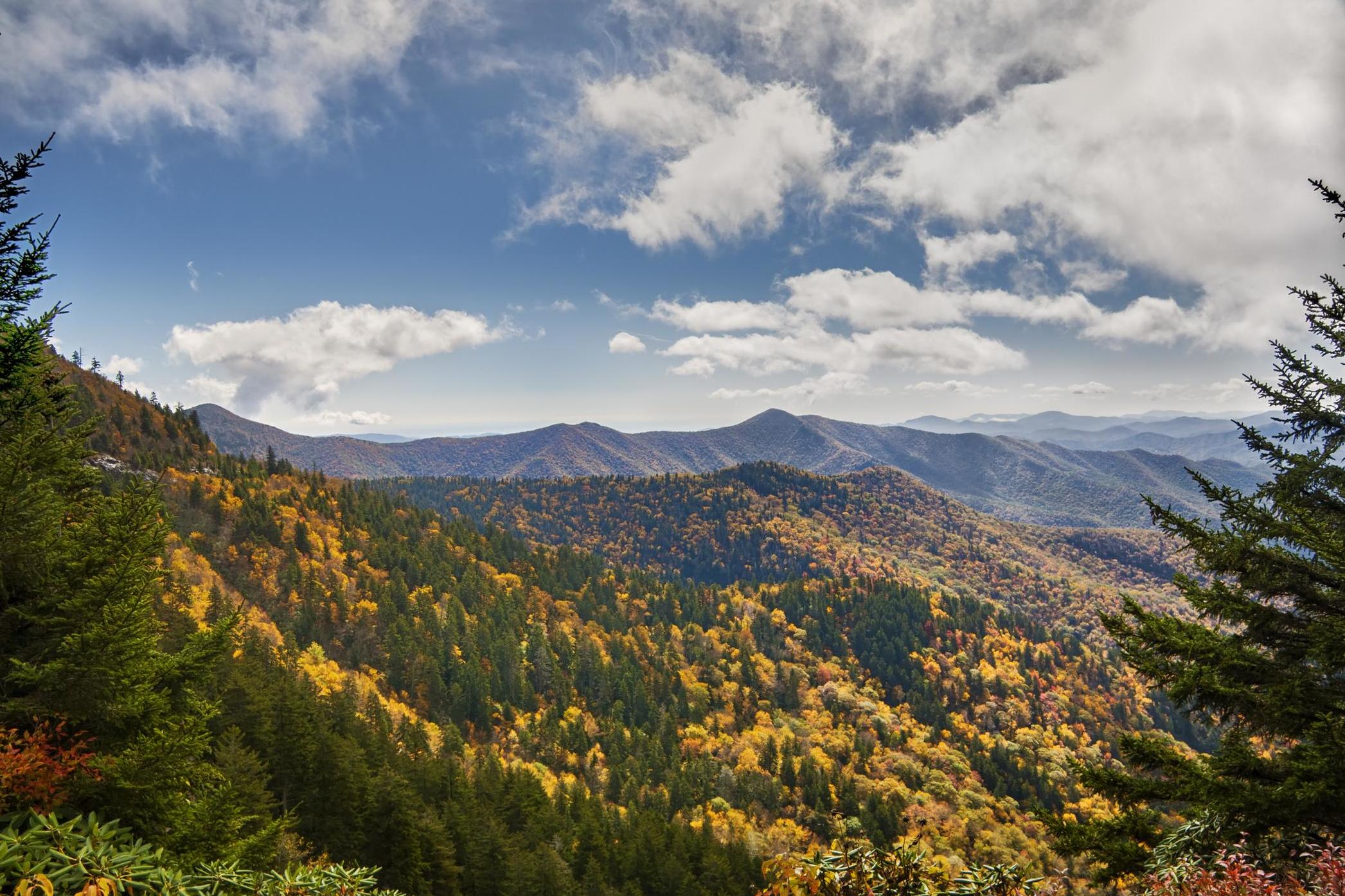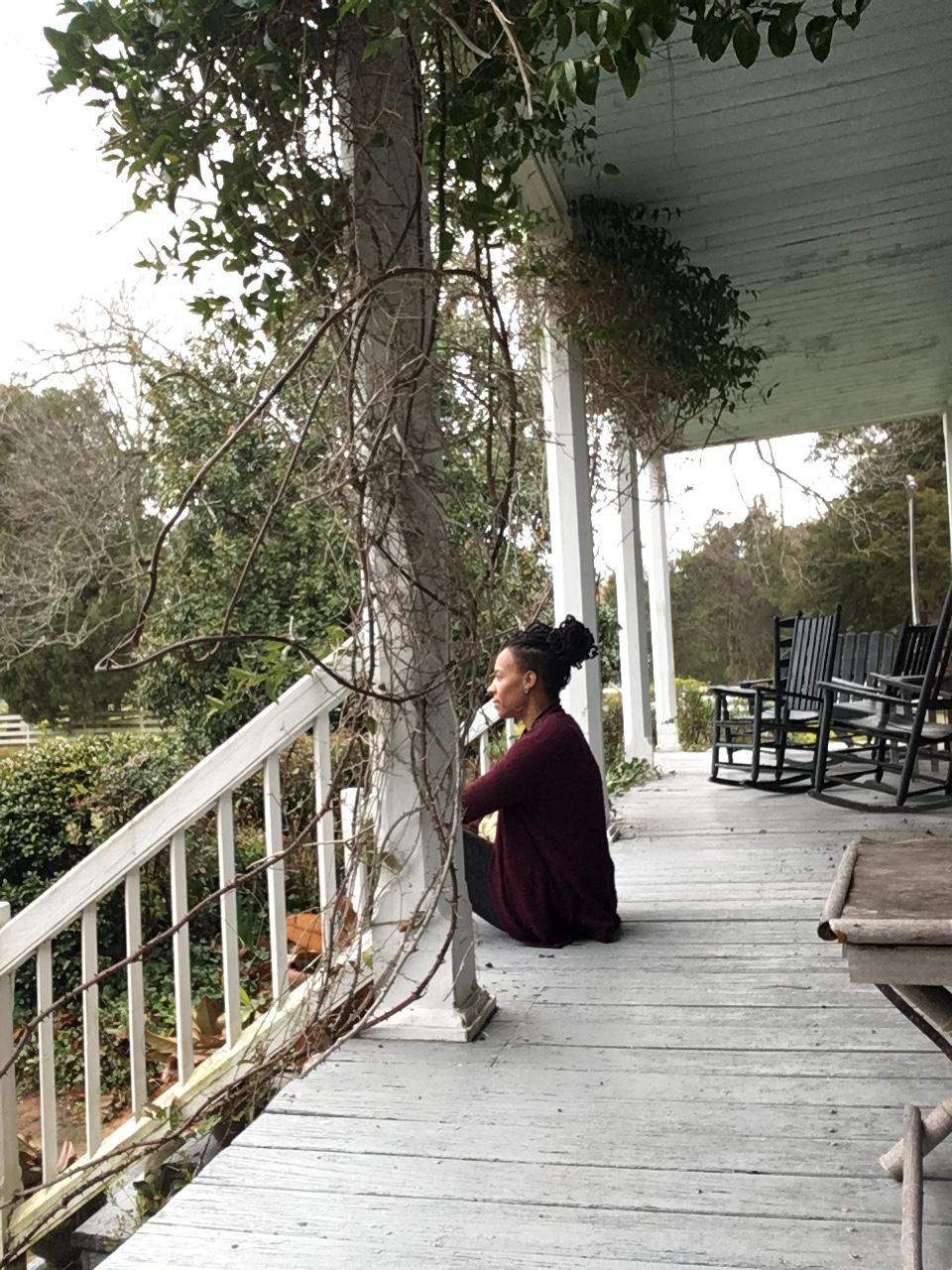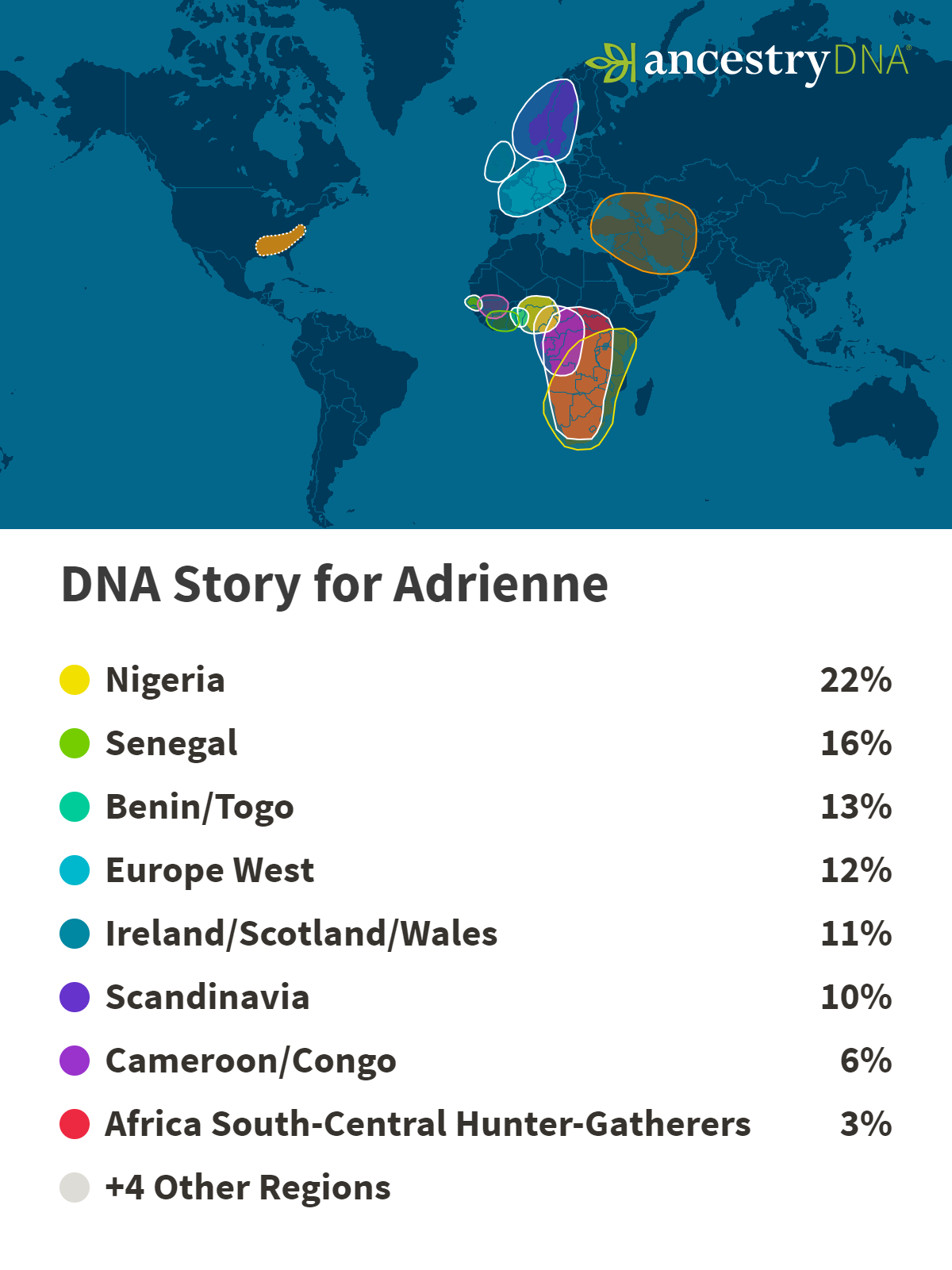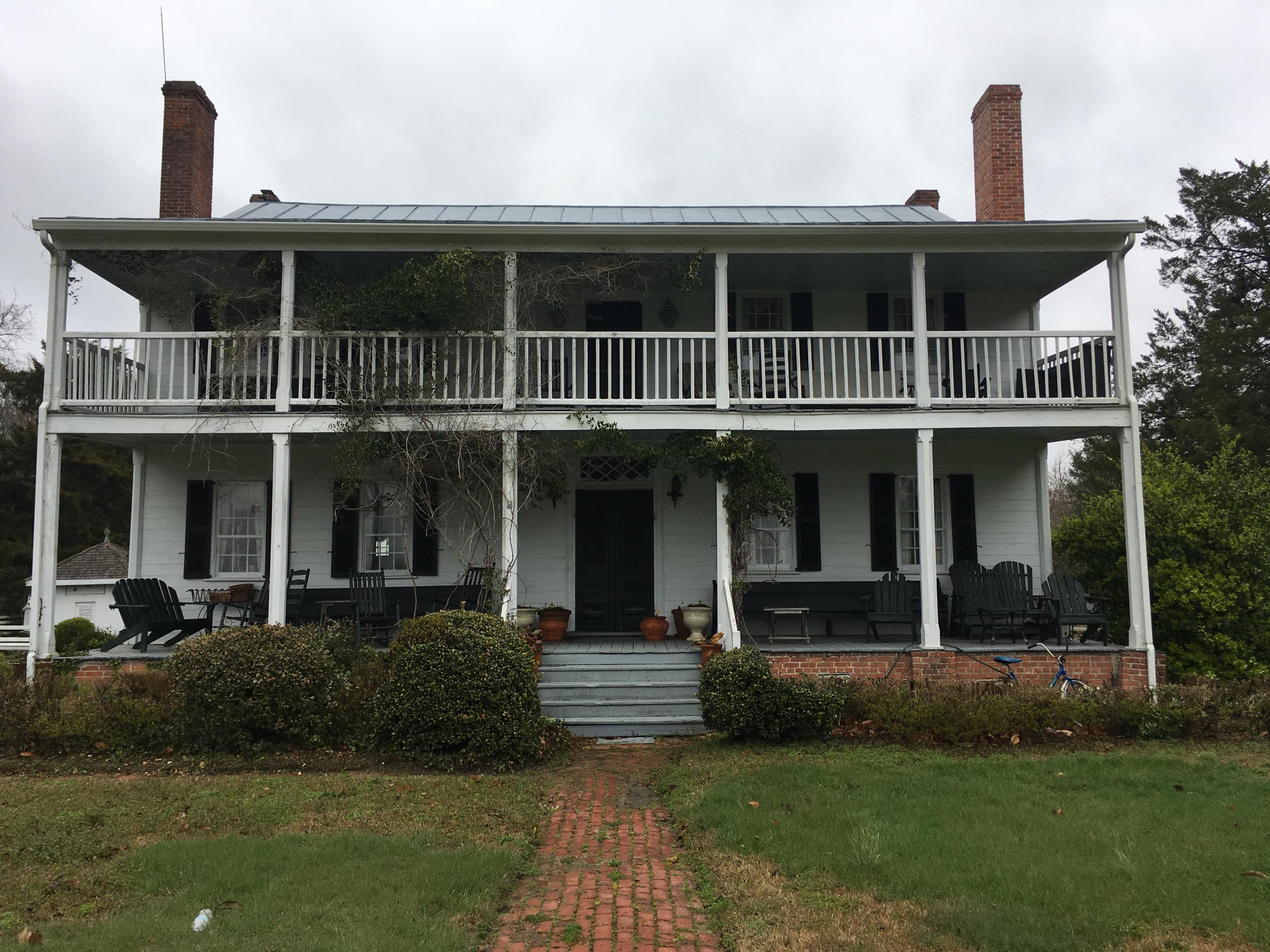The Independent's journalism is supported by our readers. When you purchase through links on our site, we may earn commission.
'How I discovered my ancestor freed slaves in North Carolina'
'The power of discovering our origins is through connection and collaboration'

Your support helps us to tell the story
From reproductive rights to climate change to Big Tech, The Independent is on the ground when the story is developing. Whether it's investigating the financials of Elon Musk's pro-Trump PAC or producing our latest documentary, 'The A Word', which shines a light on the American women fighting for reproductive rights, we know how important it is to parse out the facts from the messaging.
At such a critical moment in US history, we need reporters on the ground. Your donation allows us to keep sending journalists to speak to both sides of the story.
The Independent is trusted by Americans across the entire political spectrum. And unlike many other quality news outlets, we choose not to lock Americans out of our reporting and analysis with paywalls. We believe quality journalism should be available to everyone, paid for by those who can afford it.
Your support makes all the difference.Born into a military family and spending her childhood living across nine US states, Adrienne Abiodun had always considered herself an African American woman with slightly scattered origins.
Reared by an Army officer step father and an Air Force marshal mother, Abiodun had very little understanding of her family’s history, let alone her DNA, and didn’t even meet her biological father until the age of 24.
It wasn’t until she delved into the depths of her genealogy with the help of AncestryDNA, that she discovered the truth about her family’s fascinating history, which ultimately led to a trip to North Carolina that she describes as life-changing.

“Complexion wise, I am a fair-skinned African American woman,” she told The Independent, adding that people had always assumed she was mixed race.
“I understood that my family did have European ancestry, but knew next to nothing about it.”
Abiodun explained that she initially looked into DNA testing with the hope of uncovering more about her African origins.
“I wanted to find that exact place in Africa where my family was from having always been tormented at not knowing.”
In order to get a full picture of her family's origins, Abiodun had to conduct DNA profiles on 22 of her relatives, adding that this was essential, considering you only inherit 50 per cent of your DNA from each of your parents.

When the results of her DNA Story came in from AncestryDNA, the world's largest consumer DNA database, she was surprised to discover that her roots were fairly evenly split between African and European regions, with traces in Nigeria, Senegal and Scandinavia.
However, it was North Carolina that she was ultimately drawn to, where her fourth great-grandfather, Phillip Branch (1795-1891) was born before being removed by his enslaver, John Whitaker, to Wilkinson County in Mississippi.
“The family narrative always stated that Phillip was born in Halifax County, North Carolina, where his owner, John Whitaker, was also from and that he was allegedly his half-brother.
“So I already had this knowledge that there was a connection to Halifax County, North Carolina,” she said.
However, further testing and research through AncestryDNA revealed that this link was inaccurate and that Branch actually had no familial ties to the Whitakers, but to a family named Fletcher who came from Perquimans County, North Carolina.
While visiting there, Abiodun came across a bed and breakfast called 1812 which was once owned by William Fletcher, who she learned was a prominent planter in North Carolina and was one of the first masters in the state to free his slaves prior to the 1865 abolition.

She later found out through oral history that Fletcher was lost at sea around 1827 while travelling to Haiti to personally transport his slaves to freedom.
“I do hope that they made it to Haiti and that it was on his return that he was lost,” she added.
“Although I do not know for sure how or if we are 100 per cent connected to William Fletcher, it sure felt like I was staying in the home of family while there and it was so uplifting to discover that whilst America as a whole was still trying to figure out what to do with the issue of slavery, he found a solution, or attempted to much earlier on than the rest.”
Abiodun added that there are numerous Branch cousins that have tested on AncestryDNA and that this will enable her to make further discoveries about her family’s rich history.
“The power of discovering our origins is through connection and collaboration. I believe my family and many others have the ability to do it now that we have all these valuable leads from AncestryDNA and elsewhere on our side.
“And one day my family may just be able to determine which Fletcher was most likely the father of our ancestor Phillip Branch.”
Where in the world will your DNA take you? Click here to buy AncestryDNA

Join our commenting forum
Join thought-provoking conversations, follow other Independent readers and see their replies
Comments